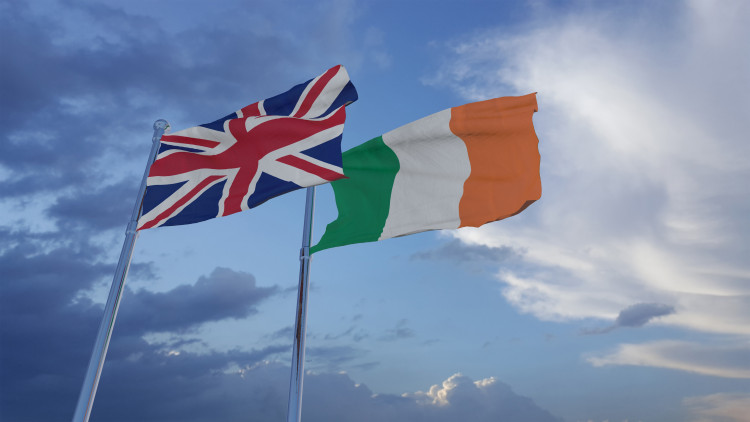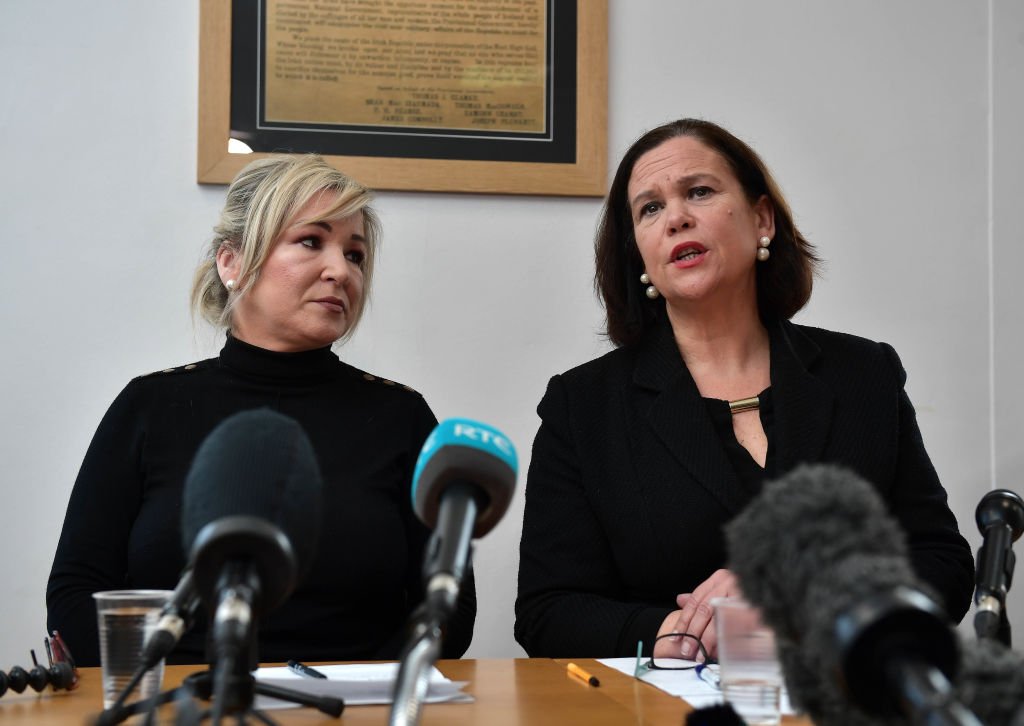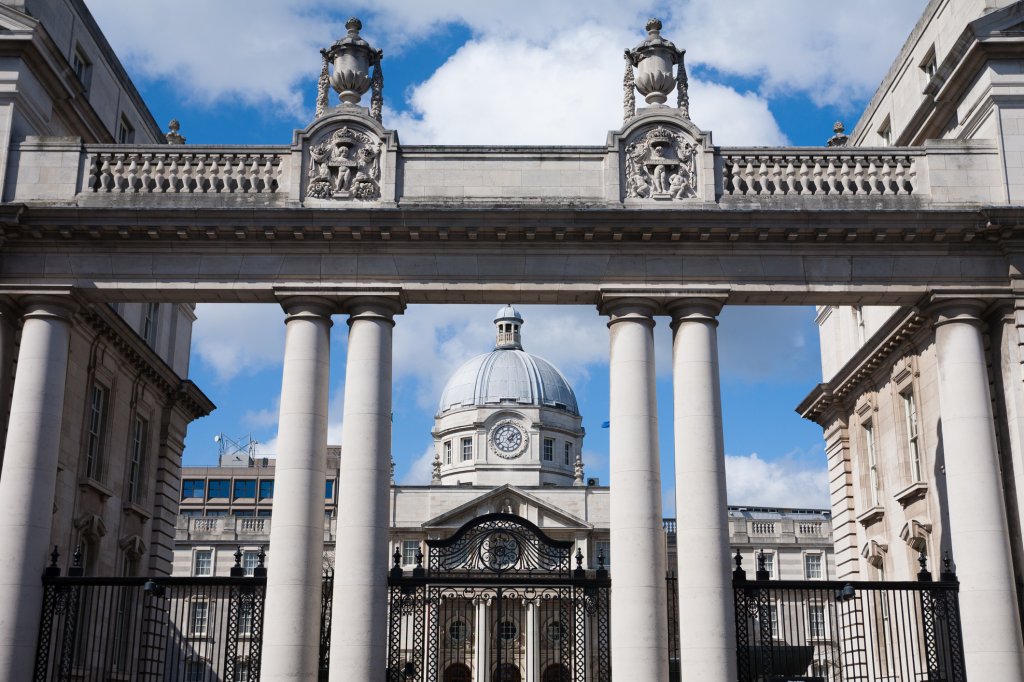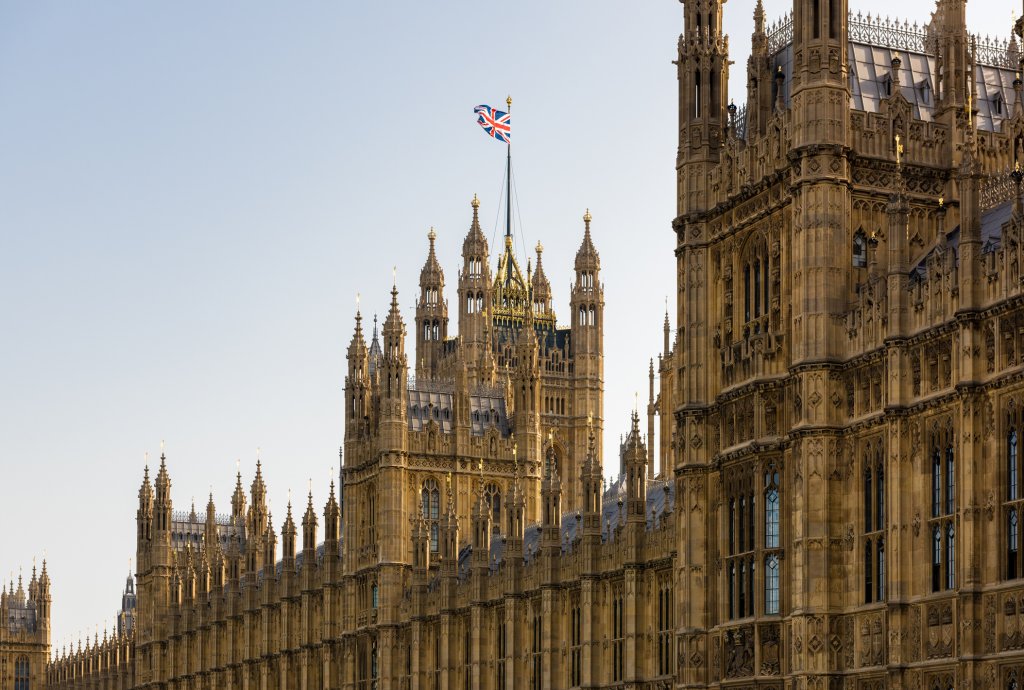25 Years since the Good Friday Agreement reshaped the destinies of our two nations, politicians in the UK and Ireland are surprisingly incurious about developments across the water. During the long negotiations over Brexit, British policymakers evinced a lack of interest in the priorities of their counterparts – something that caused them no end of problems at home and abroad. Irish leaders have been better at leveraging their diplomatic networks to gain insight into the UK’s thinking, but are increasingly focused on their future in the EU.
Now, both sides seem apathetic about national elections that may occur within weeks of each other. A UK election must occur by January 2025; a poll in Ireland is due by February of that year. Political insiders in both nations expect elections to take place in the autumn of 2024. Neither ruling class is devoting much thought about what change in one nation would mean for the other. But for them and for businesses operating across the two markets, the tectonic plates may be about to shift.
Two clear favourites – for now
Polls in both countries suggest change is going to come, with Labour still holding double-digit advantages over the Conservatives in the UK, and Sinn Féin surging to historic leads over the governing Fine Gael and Fianna Fáil. Labour and Sinn Féin have sought to present themselves as ready for government, as well as partners business can trust. Keir Starmer recently sought to banish the ghosts of Corbynism with a visit to Davos; Mary Lou McDonald underscored her status as a new kind of Sinn Féin leader with a trip to Silicon Valley. Yet both parties can be expected to take a more pro-worker approach to economic policy. Union organisers have been closely involved in Sinn Féin policymaking, while Labour insiders note Starmer’s willingness to keep the Trades Union Congress and more moderate unions like USDAW close.
For companies with investments in the two nations, a greater concern is likely to be a resurgence of political uncertainty. Sinn Féin and UK Labour operatives express anxiety that current poll leads will not hold, and the prospect of hung parliaments is real. Should the elections deliver inconclusive results, then business is likely to get clarity in London before Dublin. The nature of the UK system pushes its political parties towards quick agreements, and the incumbent Conservatives now have few willing partners among the smaller parties. Now is the time to be preparing comprehensive scenario plans for all outcomes and getting in early with potential kingmakers – be it the Liberal Democrats in the UK, or the Greens and Social Democrats in Ireland.
The Sinn Féin factor
UK Labour insiders are sceptical they will end up dealing with Sinn Féin in government south of the border. But suppose both parties found themselves leading administrations? Keir Starmer is unusual among British politicians in having experience working in the Island of Ireland, having advised on reform of Northern Ireland’s police force and conducted an independent inquiry into allegations of sexual abuse in the IRA. But he will want to emphasise his status as an “honest broker” and head off Conservative efforts to paint him as in the pocket of Sinn Féin - a fate that befell his two predecessors as Labour leader.
For its part, Sinn Féin is taking a more populist approach to policy than Starmer, and will be wary of any understanding UK Labour and the DUP form in a hung parliament. Behind the scenes, businesses operating across the Islands can help key figures in the parties understand each other’s priorities and emphasise the importance of positive relations after years of tedious Brexit drama.
The politics of Unification
And what about the elephant in the room, the prospect of a United Ireland? While support for unity is popular in abstract in the Republic, Irish voters are more lukewarm when they are asked about the costs involved – on everything from taxation to a new anthem. British voters have often been as disinterested in Northern Ireland as their politicians, with Leave voters have prioritised the purist form of Brexit over maintaining the Union. But parties in both nations could see benefit in raising the risks of Unification during elections – Fine Gael and Fianna Fáil to paint Sinn Féin as obsessed with side issues; the Conservatives to put UK Labour on the spot over its commitment on Union.
Businesses will want to avoid wading in too deep - noting the terms of the Good Friday Agreement and emphasising the issue is a matter for the people of Northern Ireland. But after years of having to navigate Black Swans, they at least have the luxury of planning on the basis of two relatively firm dates on the calendar.










